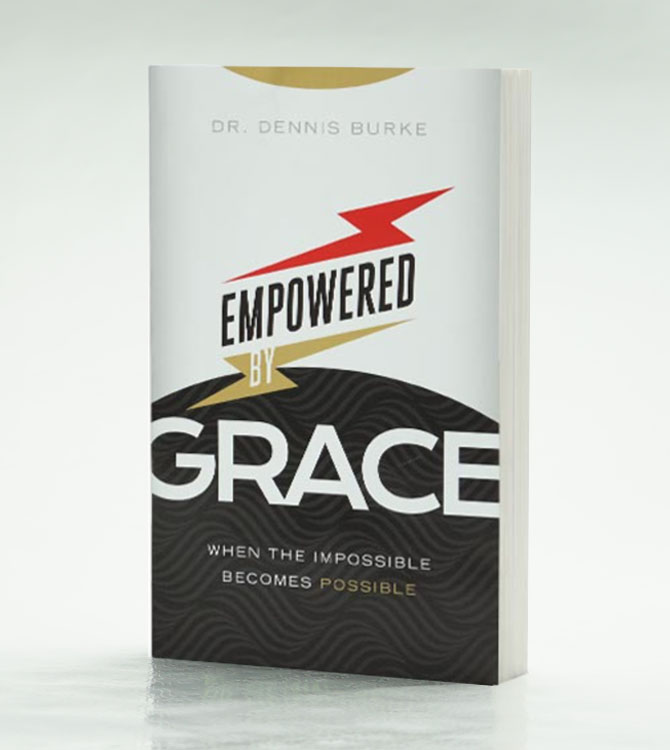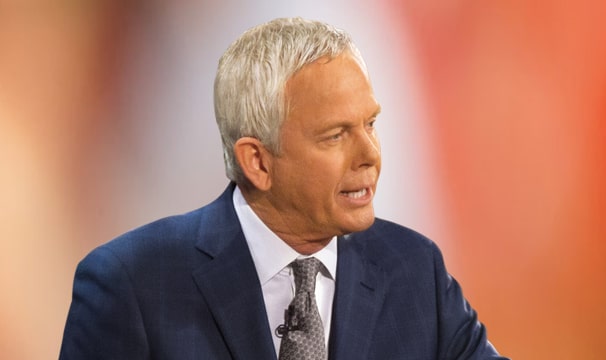In order to stop the ever-increasing population of Hebrews living in Egypt, Pharaoh ordered his soldiers to throw every newborn Hebrew boy into the Nile River. Hearing the sound of agonizing screams draw closer as soldiers went from home to home, slaughtering children, one Jewish woman named Jochebed made a life-threatening decision: She would hide her newborn son from Pharaoh’s murderous decree.
But after three months, Jochebed realized she could no longer protect the growing infant. So she developed a plan that would not only guarantee her baby’s deliverance but would also guard him in the royal palace under the watchful eye of Pharaoh’s daughter. The child was found floating down the river in Jochebed’s carefully crafted basket and brought to Pharaoh’s daughter. She named the child Moses and decided to adopt him as her own.
Moses’ mother imparted to her son the extraordinary legacy of a deliverer. His heritage became evident when, many years after his adoption by Pharaoh’s daughter, he paid a visit to his people, the Hebrews. During this visit, Moses witnessed an Egyptian beating a Hebrew slave. Thinking that no one was watching, he killed the Egyptian and buried him. But someone did see what happened—and when Pharaoh heard what Moses had done, he ordered him to be killed, forcing Moses to flee to the land of Midian.
Although God had a plan to use Moses to deliver the Hebrews, Moses’ method was not God’s way. But after spending years in exile, Moses’ life was about to change!
As Moses was living the life of a lonely shepherd, the Lord appeared to him from a burning bush with His plan for deliverance. Moses would be God’s spokesman, demanding that Pharaoh let the Hebrews go free.
Making a demand of a king is an outrageous prospect for anyone. But the waters between Moses and Pharaoh ran deep, which made God’s instructions to Moses even more extreme. Needless to say, God had to convince Moses before he finally agreed to take this seemingly impossible assignment.
Moses’ first response was a familiar excuse—one that many of us use today. “Who am I?” he asked God (Exodus 3:11 NLT). Like Moses, we also have a tendency to focus on our weaknesses and inabilities. But to do so means we are more self-conscious than God-conscious—placing ourselves before God. It means we put more faith in our inability than in His ability.
Certainly making a demand of a king is an extreme measure, but God has a way of being extremely convincing.
The excuses Moses used ranged from “Who am I?” to “Who are You?” to “No one will believe me.” Despite everything God had done to convince him, Moses brought up one final issue: “…O Lord, I’m not very good with words. I never have been, and I’m not now, even though you have spoken to me. I get tongue-tied, and my words get tangled” (Exodus 4:10 NLT).
The Lord ignored Moses’ shortcomings, inadequacies, and imperfections and simply responded, “Now go! I will be with you as you speak, and I will instruct you in what to say” (v. 12). The Lord will also ignore our inadequacies until we finally decide to obey, so we might as well obey from the start.



